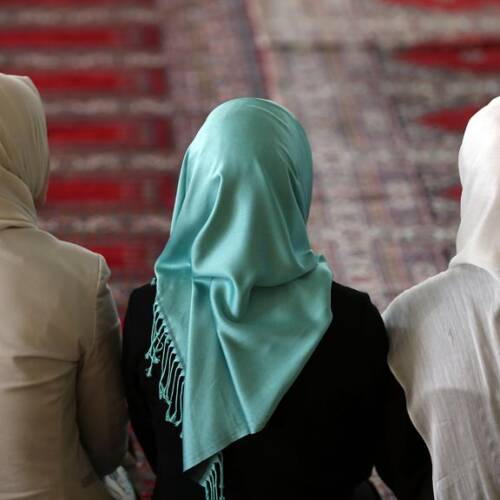
Returning Home With Warsan Shire: Teaching My Mother How to Give Birth | Book Review
29 Mar 2020In Woman Native Other: Writing Postcoloniality Feminism (1989) Trinh T. Minh-ha asks “How do you inscribe difference without bursting into a series of euphoric narcissistic accounts of yourself and your kind? […] How do you forget without annihilating”(28). In her anthology, Warsan Shire teaches us exactly how. Shire’s writing belongs to the diasporic, and so, her poetry is full of metaphors found otherwise stuck in our own throats. Covering a range of topics from love, family, to war and fleeing home, Shire tells the tale of women and men, the absence and presence of people, of love, of home, of existence itself.
Shire writes:
“I am the sin of memory and the absence of memory. I watch the news and my mouth becomes a sink full of blood. The lines, the forms, the people at the desks, the calling cards, the immigration officer, the looks on the street, the cold settling deep into my bones, the English classes at night, the distance I am from home. But Alhamdulilah all of this is better than the scent of a woman completely on fire …” (26)
Shire’s poetry is a means to bridge the narrative of majority-white societies and the reality of immigrants and/or refugees, as well as, POC’s in general. Teaching my mother how to give birth subverts the inherently racist narrative. Teaching provides the dialogue with a redirection, one which many of us scarcely experience. By telling her own tale, and those like her, Shire resituates the white narrative we often are faced with. Her anthology not only presents a means to resistance, it presents what is often lacking within the white narratives; the ordinary, the sheer humanity of not only us, but the problems we face. Shire writes on the taboo of many of our immigrant communities, speaking on divorce, secret weddings and unlawful relationships. But as much as she tackles the unspoken of, Shire also writes tenderly of familial ties, of grandmothers and mothers. She immortalises these women, writing them into eternity through her anthology.
Take the following as a glimpse of her brilliance:
“The morning your habooba died
I thought of my ayeeyo, the woman
I was named after, Warsan Baraka,
skin dark like tamarind flesh,
who died grinding cardamom
waiting for her sons to come home and
raise the loneliness they’d left behind;
or my mother’s mother, Noura,
with honeyed laugh, who
broke cinnamon barks between
her palms, nursing her husband’s
stroke, her sister’s cancer and
her own bad back with broken
Swahili and stubborn Italian; …” (33)
Warsan Shire’s writing is one of resistance. It is a read that perhaps has you reminiscing about your time with loved ones, just as it does tugging you to a past unspoken of. Shire’s anthology provides an opportunity to reconcile the struggles between the past and present. Teaching gently highlights the ongoing normality of our lives; the diversity — and tenderly places our commonality amongst it all.
Shire weaves intricately our history into our bones, reminding us that as much as we move in our lives, many of us carry our history through. Take for example, the poem titled “Ugly”; its rhythm and visual symbolism speak volumes for the many women present in many of our lives.
Shire pens:
“Your daughter’s face is a small riot,
her hands are a civil war,
a refugee camp behind each ear,
a body littered with ugly things.
But God,
doesn’t she wear
the world well?” (32)
Teaching is an anthology for the diasporic; for the brave but silent, for those who have not yet found ways for the English to sit comfortably in their mouths. Shire’s anthology is an open door into the lives of many POC’s, of many immigrants and refugees. Shire’s poetry is timeless and beautiful to say the least. It is an anthology you will gravitate back to time and time again, and each time you will find your heart in your throat, you will find sweetness amongst the bitter, and perhaps recognise your own truth within
Warsan Shire’s writing is unique in that each time, I feel myself crawling out of my own protective skin, gathering all that I was, am and will be along the corners of the pages. What a safe haven.















